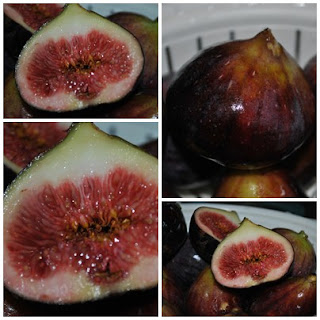Of late I come to admire the writing of Amartya Sen. I think he gives answers to many questions that linger in my mind particularly regarding my research project.
In his book, The Idea of Justice, he mentioned about how life especially in society life - ie the life of human beings - should not become like the world of fish. The "world of fish" (matsanyanya) is where the big fish can freely devour a small fish. This story has been mentioned in early Indian legal theories. He said it is crucial to make sure that the justice of fish is not allowed to invade the world of human beings.
I found similarity of this analogy with a statement mentioned to me by an MP I met during my fieldwork. She said the reality of life is when it comes to dealing with small people is "if you are a big fish, you meet with a small fish, you just eat them!"
Doesn't it come to our realization, that there are many circumstances both at global and domestic, that we live in the world of fish?














.jpg)